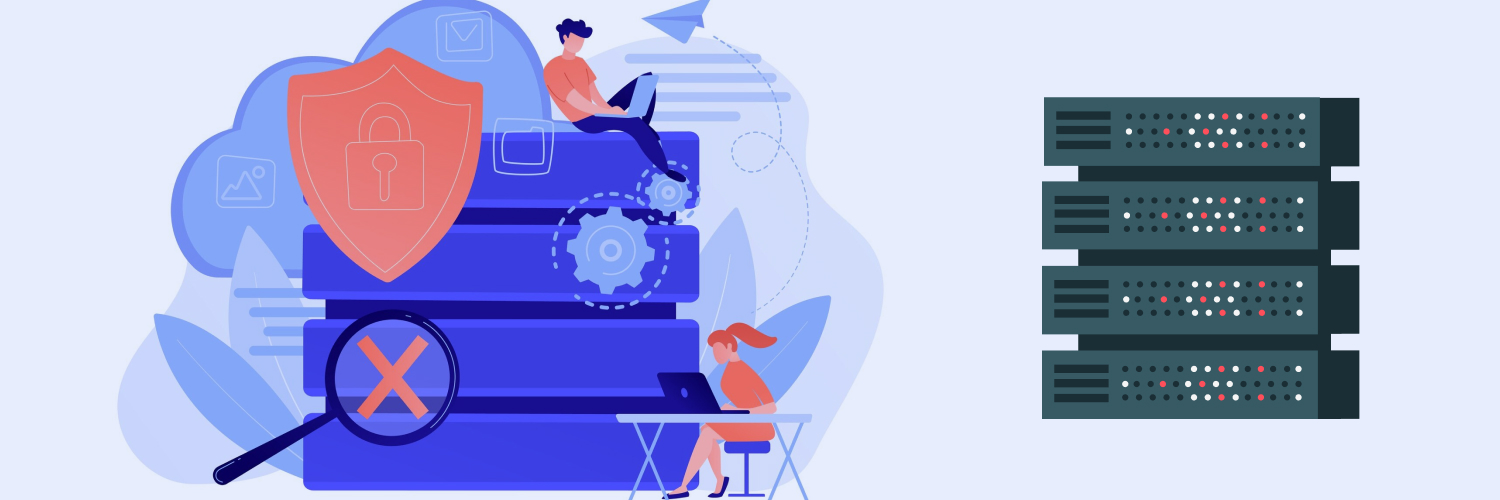How To Stop Targeted Ads From Annoying You For Good
On the surface, online ads are in a much better place than they were a decade ago. For website owners, they have become more efficient and commonly accepted. For visitors, they are much less invasive and distracting compared to the multicolored, flashing banners of the past. However, something about today’s advertising is more than a little concerning. Learn more about how to stop targeted ads.
It is very common to see advertisements that seem a little too convenient. You look for a duvet cover one day, the next, you find a few ads for sales on them. You start planning your vacation, and now you find every webpage is trying to sell you on a different booking site.
This is not a coincidence. Now more than ever, ads are working with information from your browsing and IP to direct ads specifically to you. Advertisements that work this way are known as targeted ads.
For more information on how to stop targeted ads, use the table of contents below.
What is Targeted Advertising?

When you are browsing the internet and notice a banner ad that seems a little too convenient, that is likely due to targeted advertising. Targeted ads, or personalized ads, are any advertisements sent to you specifically based on information about you. You can commonly see it in regards to local businesses and services. The algorithms behind these ads can target specific ads to you based on where your IP address is located.
The bad news is that your location is not the only thing tracked. This is clear to anyone who has ever visited a travel website. The moment you search for airline rates and hotel prices online, you will see a truckload of ads for travel. They often even specify the exact location you searched for.
What is the Problem with Personalized Ads?

There are a couple of reasons why these advertisements are problematic. And depending on which reason you care about more, you might want to handle the issue differently.
Ads are annoying
Banner ads. Video ads. Pop-up ads. Pop-under ads. Ads in the sidebar. Ads within the articles and blog posts you’re reading. They are everywhere, and they are designed to grab your attention. We all understand that advertising is one of the ways that websites get funding, but that doesn’t stop them from being incredibly annoying. And many times, they do more than break your attention.
YouTube videos are not created to compensate for commercials like cable TV. Because of that, ads in the middle of YouTube videos break the flow and pacing of the video itself. And this keeps getting worse as YouTube increases the number of ads. Pop-up ads interrupt whatever you were doing. And a poor-timed click and take you head-first to a sales pitch you never wanted. Because of all of that, it is easy to see why many people want to get away from ads in general.
Your privacy is at risk
While constant streams of ads are annoying, privacy is typically the more important concern. Targeted ads mean that your activity is being tracked. Not only that, but it is clear that your activity is associated with your connection. The data available to these advertising bots include what you have been doing online and your general location.
That thought can be really unsettling. You might think that this data is really only accessed by processes online. No person is actually digging through the data. However, the truth is that the information is there. If a bot can so easily get access to it and direct ads your way, is anything stopping anyone from finding the same data?
How to Block Targeted Ads

For years, the answer for people to stop ads on their browsers was to get an ad blocker. Each of the main browsers available has options for add-on software that stops ads from loading. For example, Google Chrome has several extensions primarily designed to block ads from being visible.
When using one, you will most likely see a blank space where a banner or sidebar ad would be. In regard to video ads, these are typically skipped altogether. Popup ads do not load when you load webpages. And if there would normally be an advertisement interrupting an article in the middle, you probably would not even recognize that an ad would have gone there in the first place.
Okay, so how do these ad blockers work? Before a webpage loads, they scan the scripts for anything flagged content. Basically, the developers have compiled a database of how ads are called that the tool uses to shut them down. Similar to anti-virus software, ad blockers are consistently updated to make sure they block as many ads as possible. This is to combat the growing need from the other side to create ads that cannot be blocked. But these extensions keep updating to counter any new methods of advertising.
How to Stop Targeted Ads

Instead of just blocking ads in general, you can look into how to stop personalized ads specifically. One of the problems with blocking ads is that each solution is very specific. You have to take action to block ads on each browser you use. Plus, there is little or nothing you can do to block ads on mobile devices and many online services.
On a larger scale, we already mentioned how advertisements are a substantial source of funding for website and online content. While you are cutting the ads so you can watch videos in peace, the creator of that video loses ad revenue. Making content takes time, energy, equipment, and money. Without ad revenue, many of our favorite content creators would need to throw in the towel.
You need proxies to learn how to stop targeted ads on Chrome, Firefox, online games, mobile browsing, and everything else. Ad blockers only stop the advertisements from displaying on your computer screen. Everything that goes into these ads still exists on your network. This includes your proxy IP as well as the cookies and any other tracking software. Your data is still out there. These bots still access it, and it is available for anyone who can get their hands on it.
Using proxies bypasses all of that. Your computer cannot easily be tracked if it is not directly visiting websites. Going through a proxy gives you a full layer of anonymity. Your location and identity are secret when you access the internet with a proxy. Anyone trying to target ads to you will only be able to see the proxy’s location and information. Depending on where you place the location of your proxy, you could notice these bots struggling to find ads that target the information it can learn from your proxy.
The Best Proxies to Stop Targeted Advertising

Without the right performance, it will be hard to stick with a proxy. Even if it provides anonymity, our online needs are a little greater than that. Ideally, performance would be good enough that we wouldn’t even be able to recognize that we are using a proxy in the first place. This is why Rayobyte offers some of the fastest and most reliable proxies at affordable prices. All of our proxies operate at a speed of 1 Gbps. That speed paired with our unlimited bandwidth help ensure that you are getting the best performance possible.
That is not all our proxies have to offer. We have proxies to serve every need. We have dedicated, semi-dedicated, and rotating IP proxies. You can choose to have your proxies from 27 Countries. And features like free automatic replacements and superior subnet diversity, you can rest assured that your proxies are much less likely to leave you high and dry. Take this opportunity to look at the proxies available from Rayobyte today!
Final Thoughts
When it comes to online security and privacy, ads pose a real concern for many of us. They are reminders that our online data is easily accessed. Even attempts to sell us cheap fast food commonly use this information. It is so easily flaunted that it makes us wonder what other information about us is fair game.
Knowing this, it is easy to see that many people want to know how to stop targeted ads. It is understandable that visitors do not want to deprive their favorite websites of a source of income. So it is really great that there are ways to get around the privacy issue of targeted ads without blocking out all of them. Proxies are a great way to make sure that your privacy is secure.




